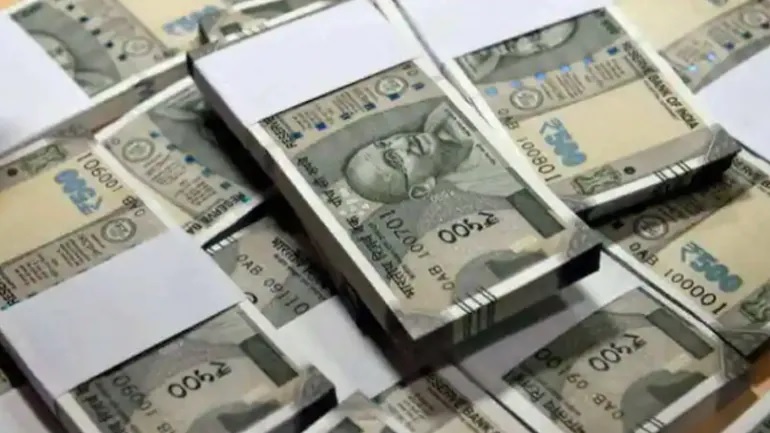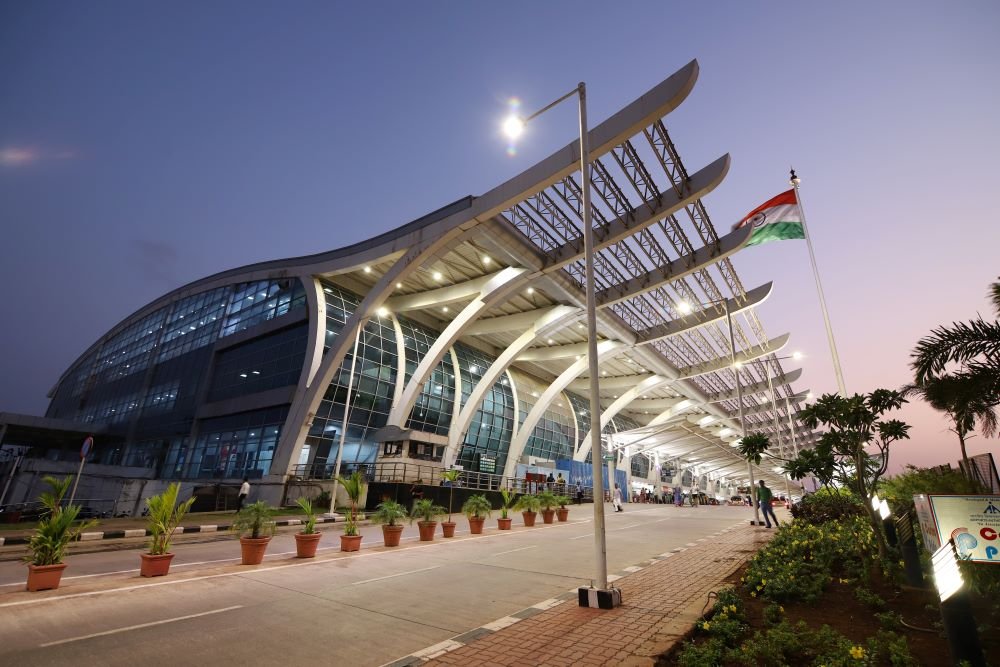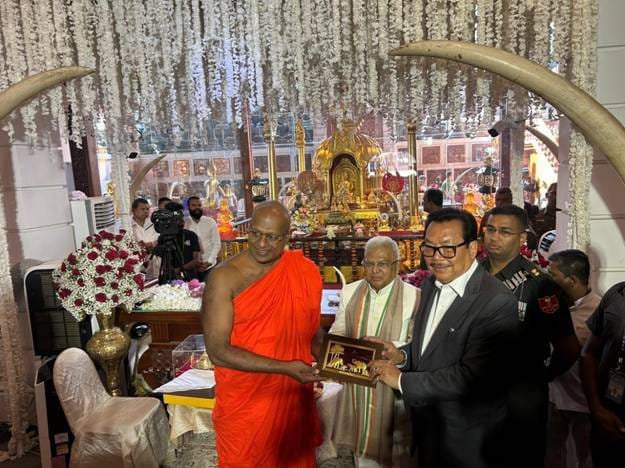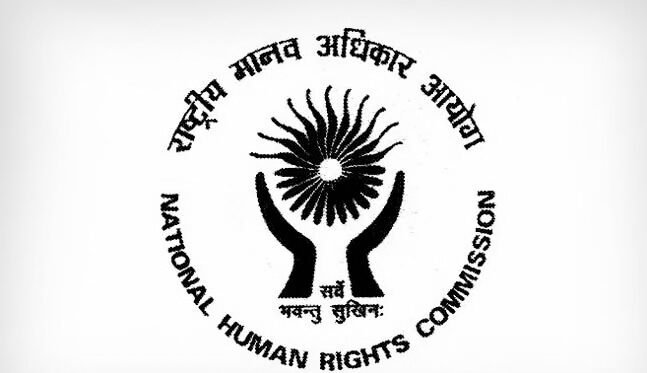Experts warn that strategic planning is now critical for NRIs looking to avoid unnecessary taxes and paperwork under Donald Trump’s sweeping fiscal reforms
A new U.S. law passed under Donald Trump’s “One Big Beautiful Bill” introduces a 1% excise tax on certain international remittances sent by non-U.S. citizens, potentially impacting millions of NRIs who transfer funds from the United States to India, reported businesstoday.in.
The tax applies to cash-based remittance methods and could cost NRIs $1,000 on every $100,000 transferred, starting January 2026.
According to Dinkar Sharma, Company Secretary and Partner at Jotwani Associates, the levy specifically targets remittances made through money orders, cashier’s cheques, and physical cash—while exempting bank-based and card-based channels. “It’s part of a broader push by the U.S. to curb informal money flows and increase revenue collection,” he explained.
The bill spares U.S. citizens but covers green card holders and temporary visa categories such as H-1B and H-2A. Countries with large diaspora populations like India, Mexico, China, the Philippines, and Pakistan are expected to feel the brunt.
Sharma clarified that this tax does not impact the U.S. taxation of rental income or capital gains from Indian assets. “NRIs must still report global income under U.S. tax law and the India–US Double Taxation Avoidance Agreement, but the new excise tax only applies to specific types of remittances,” he said.
The timing of transfers now becomes crucial. Any large transfer made before December 31, 2025, would escape the new levy. “Sending $100,000 after that date through a non-exempt method would cost you $1,000 extra, aside from the extensive documentation required under FATCA and Indian regulations,” Sharma warned.
NRIs are advised to consult tax professionals and use regulated channels like U.S. banks or cards to avoid unnecessary taxation and compliance hassles.
He further cautioned that hybrid services—such as virtual wallets—may fall into grey zones and should be scrutinised for tax liability. “Make sure the platform qualifies for exemption and keep detailed records,” he said.
As the January 2026 implementation date nears, experts are urging Indian expats to act early. “This is more than a 1% tax—it’s a call to plan smart, protect your money, and ensure you remain compliant on both sides,” Sharma concluded.











